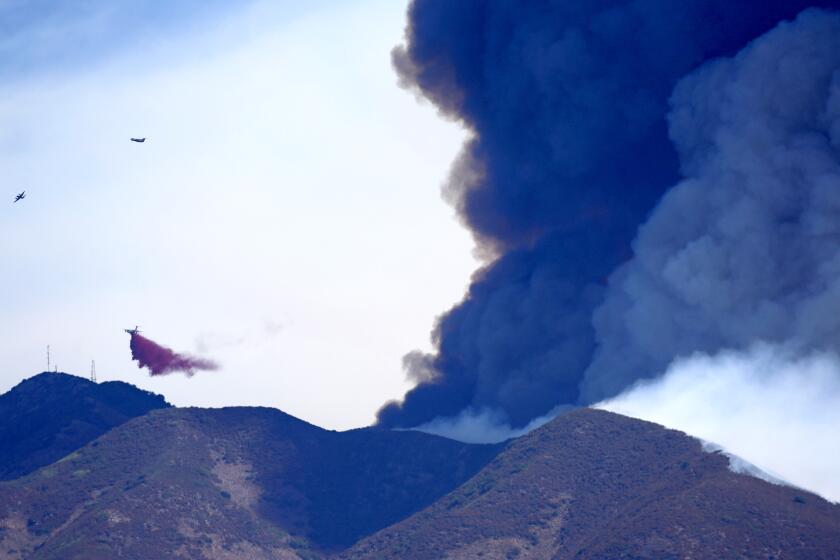Making simple expressions dangerous
Even if “Politics and the English Language” seems, at certain points, dated or excessive, it remains as useful and as relevant today as it must have seemed when it was written. The dangers that George Orwell was warning his readers against -- the ways in which the language of politics can be muddied and distorted in order to make the average, literate citizen incapable of thinking clearly -- are no less (and perhaps more) threatening than they were in Orwell’s day.
Though I know such people exist, it is hard to imagine a sentient human being who has lived through the Bush-Cheney years without noticing what has been done to terms such as freedom, patriotism and liberty -- to take just the most blatant examples of words that have been given freighted and false new meanings. The same is true for the word democracy, which Orwell himself singled out for particular scrutiny:
“In the case of a word like democracy, not only is there no agreed definition, but the attempt to make one is resisted from all sides. It is almost universally felt that when we call a country democratic we are praising it: consequently the defenders of every kind of regime claim that it is a democracy, and fear that they might have to stop using the word if it were tied down to any one meaning. Words of this kind are often used in a consciously dishonest way.”
Sound familiar? What was it exactly that we went to Iraq to “spread”?
In a few brief, eloquent paragraphs, Orwell makes a point that could be excised from the essay and given to students who have trouble with the whole:
“In our time, political speech and writing are largely the defense of the indefensible. Things like the continuance of British rule in India, the Russian purges and deportations, the dropping of the atom bombs on Japan, can indeed be defended, but only by arguments which are too brutal for most people to face, and which do not square with the professed aims of political parties. Thus political language has to consist largely of euphemism, question-begging and sheer cloudy vagueness. Defenseless villages are bombarded from the air, the inhabitants driven out into the countryside ... this is called pacification. ... People are imprisoned for years without trial ... this is called elimination of unreliable elements....”
If young people are not trained to think and to pay attention to language, it seems obvious that they will be more susceptible to the techniques of advertising than to the more challenging processes of reason, common sense and logic. And surely it’s not only a few paranoids who have noticed that systematically under-educating a population is one way to ensure future generations of men and women qualified to work at the McDonald’s or serve on a corporate board without stepping out of line, or asking too many questions, or asking the wrong questions, or knowing what questions to ask.
Francine Prose is the author of more than a dozen books of fiction, including the novel “Blue Angel,” a finalist for the National Book Award.
More to Read
A cure for the common opinion
Get thought-provoking perspectives with our weekly newsletter.
You may occasionally receive promotional content from the Los Angeles Times.










